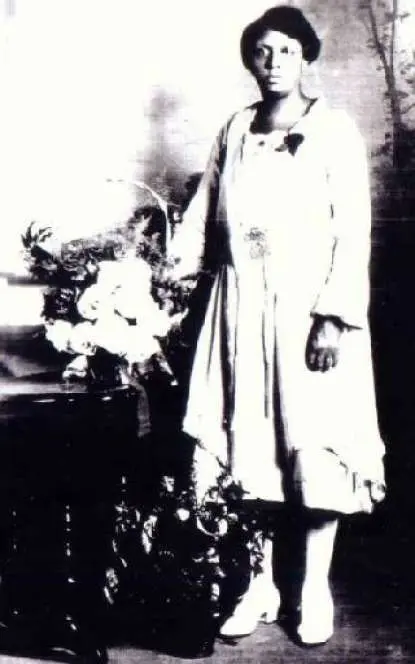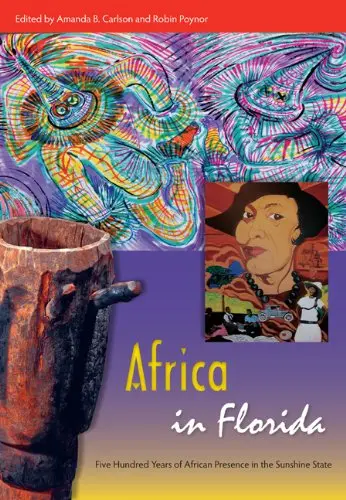Mother Laura Adorkor Kofi was assassinated on March 28, 1928, while giving a speech at Thompson’s Hall in Miami. Many in the audience believed that Kofi was a divine prophet sent by God to liberate African Americans and black people around the world.
“She said that she had a revelation to liberate African American people, to take them on the right course, back to the Promised Land, Africa, and to create an independent community, a cultural, independent community,” says Vibert White, author of an essay on Kofi in the book Africa in Florida: Five Hundred Years of African Presence in the Sunshine State.
Kofi came to America in the early 1920s from West Africa, and quickly became part of the Black Nationalist movement. She joined Marcus Garvey’s Universal Negro Improvement Association, becoming a prominent spokesperson and national field director for the organization. At the time, the UNIA was much larger and more influential than other African American support groups such as the NAACP and the Urban League.
“Within months, she becomes the most popular figure in that group, except for Marcus Garvey,” says White. “They send her throughout the Deep South. Mississippi, Alabama, and everywhere she is going she’s attracting, five, and ten, and fifteen thousand audience members, something that had never been seen before.”
UNIA founder Marcus Garvey was very supportive of Kofi until he was imprisoned for mail fraud in 1925.
While Garvey was in prison, Kofi’s fame and influence grew. Enthusiastic crowds continued filling theaters and auditoriums in Florida and throughout the south to hear Kofi’s passionate speeches about the opportunities available to black people if they repatriated to Africa.
“For many African Americans, it was their first time listening to someone from Africa,” White says. “She spoke about the greatness of Africa. She spoke about the movement from Africa to liberate the people here, and that there was a divine relationship between the Africans, the east blacks, and the western blacks, the African Americans. She spoke of pride and strength.”
From his prison cell, Garvey attacked Kofi’s credibility and encouraged his followers to abandon her. Some members of the UNIA began creating disturbances at Kofi’s presentations, and she feared that her life was in danger at the hands of Garvey’s inner circle.
Kofi relocated from Miami, where she felt threatened, to Jacksonville. She announced her split from the UNIA, and established the African Universal Church. As leader of this new spiritual movement, she became known as “Mother Kofi.”
“She’s from Kumasi, she’s from the Ashanti community,” says White. “The Ashanti community in West Africa has some of the strongest religious beliefs of any people within that region. They believe that they are direct descendants from God, that the Garden of Eden is in Kumasi.”
While still living in Kumasi, Kofi had a vision that she believed came directly from God, identifying her as a divine presence on earth. She came to believe that it was her spiritual calling to liberate black people around the world, particularly in America. Before her murder, she wrote a treatise called “Sacred Teachings and Prophesies.”
On March 28, 1928, Mother Kofi returned to Miami to speak. Thousands gathered to hear her talk about the power of God to help Africans and black Americans. In an unusual move, she asked her bodyguards to sit down. That allowed a gunman to rush the stage and shoot Kofi in the back of the head, killing her.
Mother Kofi became a religious martyr to her followers.
“It took them over a month to bury her,” says White. “When they left Miami, they had a funeral in West Palm Beach. They had a funeral in St. Augustine. They had a funeral in Daytona Beach, and so on, until they ultimately got to Jacksonville to bury her.”
Mother Kofi had identified Eli Nyombolo as her successor in the African Universal Church. He continued and expanded the AUC.
“He was from South Africa and connected to the Zulu community,” White says. “The Zulu community was very instrumental in the development of the African National Congress, the ANC, that ultimately fought to destroy apartheid.”
Today, people still make religious pilgrimages to Mother Kofi’s mausoleum in Jacksonville’s old City Cemetery.

